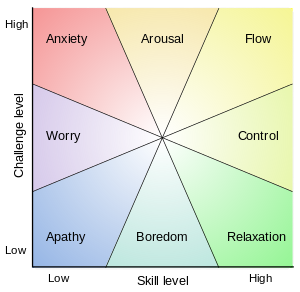Another term comes to an end, but to be honest, I’m struggling to remember the start of this term! I’m hoping that’s because so much has happened and not that it’s all passed by without an event.
Over the last ten weeks I’ve started a new business venture, won the League and Cup as captain of the badminton team, secured a placement year with 3M, and, as I write this, I have just ended my time as a teenager!
What have I learnt this term?
1 – Don’t underestimate the power of culture
This year I’ve been captain of the men’s first badminton team here at uni. We’ve just ended our league and cup season undefeated! Promotion from the league and a cup title (quarter, semi and final all won on point difference!).
We’ve had an incredible season and a huge improvement on last year, but, I don’t think our team is that much better. It is definitely stronger, however I don’t think that is why we have done so well.
The team (and club as a whole) has an amazing culture and team spirit. Everyone’s committed to train and play, we want to win for each other and I think that is what has carried us through the closest of matches!
So why is this important? It’s taught me to care about culture, to do my best to ensure its going to strengthen the situation, rather than neglect it.
2 – People want to see that you care
A lot of my time at the start of this term was spent looking for, and applying to, placement positions. As expected, some applications were more successful than others, some didn’t pass stage one, obviously 3M passed all stages and a number reached final stages.
Looking back, it’s pretty obvious why I did better with some applications than others. The ones where I actually cared about the company and wanted to work there, were the ones that progressed. The places to which I applied ‘to get the ball rolling’ were quick rejections. My CV was similar, qualifications the same, only my motivations were different. But that is hugely important!
If you can show people how much you care, that can be valued way above skills and qualifications. People want to know that you’re genuinely interested, motivated and passionate. They want to know that you will make the most of opportunities presented and that you aren’t applying just to ‘tick a box’ or make your CV ‘look good’.
3 – Momentum is huge!
I would guess that this term has been my busiest in terms of the number of different things I’ve had going on. A few people have asked me recently how I can do so much. Firstly, yes I’m doing a lot, but I don’t think I’m doing them all very well! There are times when somethings drop down and fall behind, however I try and bring everything back because I enjoy it all and want to carry on.
Is it possible for me to do it all at a higher level? YES! Do I need more hours in the day? NO (well maybe a couple). I find that things only fall behind when I put more focus on something else and ‘forget’ to keep the other area in check. As soon as that momentum is lost, I have to consciously change to work on it.
This is something I want to improve next year, keeping it all going, all the time! Even just 10 minutes a day spent on one of the startups I’m involved in will be a big help. Some people would tell me to do less, but if I enjoy them all, then why should I?











